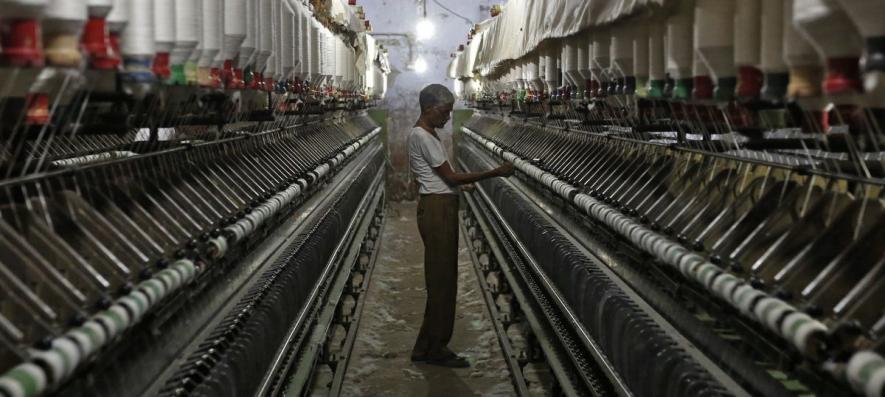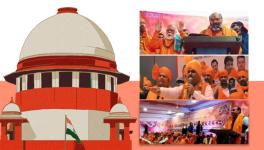GST Evaders Can be Arrested: SC

Representational image. | Image Courtesy: Scroll.in
The Supreme Court has dismissed a plea challenging the Telangana High Court judgment that held that a person can be arrested by the competent authority in cases of Goods and Service Tax (GST) evasion.
The vacation bench of Chief Justice of India Ranjan Gogoi and Justice Aniruddha Bose, dismissing the Special Leave Petition, said that it is not inclined to interfere.
The division bench of the Telangana High Court, in April, comprising V. Ramasubramanian and Justice P. Keshava Rao had dismissed a batch of writ petitions seeking protection from arrest for alleged tax evasion. The challenge was against the summons issued by Superintendent (Anti-Evasion) of the Hyderabad GST Commissionerate under the Central Goods and Services Tax Act, 2017.
The bench observed that sub Section (1) of Section 69 of the Act empowers the Commissioner to order the arrest of a person, when such a person is believed to have committed a cognisable and non- bailable offence. It had said:
"If reasons to believe are recorded in the files, we do not think it is necessary to record those reasons in the authorisation for arrest under Section 69(1) of the CGST Act. Since Section 69(1) of the CGST Act, 2017 specifically uses the words ‘reasons to believe’, in contrast to the words ‘reasons to be recorded’ appearing in Section 41A(3) of Cr.P.C., we think that it is enough if the reasons are found in the file, though not disclosed in the order authorising the arrest."
The state had submitted before the High Court that the petitioners before it were allegedly involved in incorporating several partnership firms and had claimed input tax credit on the basis of certain invoices, without there being any actual physical receipt of goods. It had alleged that the fraudulent input tax credit claimed by them was Rs 224.05 crore.
The High Court had also rejected the contention that there cannot be an arrest even before adjudication or assessment. It had said:
"To say that a prosecution can be launched only after the completion of the assessment, goes contrary to Section 132 of the CGST Act, 2017. The list of offences included in sub Section (1) of Section 132 of CGST Act, 2017 have no co relation to assessment. Issue of invoices or bills without supply of goods and the availing of ITC by using such invoices or bills, are made offences under clauses (b) and (c) of sub Section (1) of Section 132 of the CGST Act. The prosecutions for these offences do not depend upon the completion of assessment."
The bench also did not favour the argument raised by the petitioners that since all the offences under the Act are compoundable under sub-Section (1) of Section 138 of the CGST Act, 2017, subject to the restrictions contained in the proviso thereto and that, therefore, there is no necessity to arrest a person for the alleged commission of an offence which is compoundable.
The court also had observed that the furthering of enquiry/ investigation is not the only object of arrest.
Get the latest reports & analysis with people's perspective on Protests, movements & deep analytical videos, discussions of the current affairs in your Telegram app. Subscribe to NewsClick's Telegram channel & get Real-Time updates on stories, as they get published on our website.
























